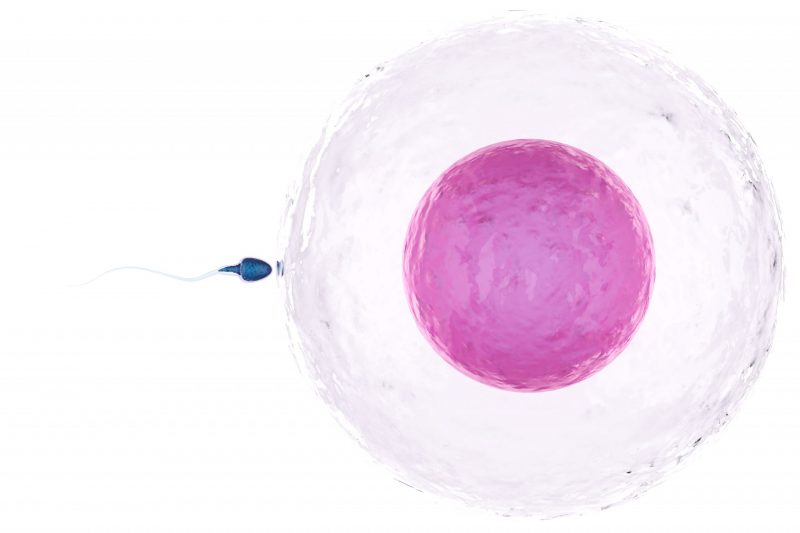Article contributed by:
SpringCreek Fertility, a participating WINFertility Provider Network
What is Infertility?
Infertility is a disease of the reproductive system that inhibits a couple’s ability to have a baby. Infertility affects men and women equally without discrimination, and for this reason both partners should actively participate in the diagnosis and treatment process.Infertility is not uncommon and you are not alone
One in every eight couples of childbearing age have received an infertility diagnosis. One in six couples have troubles conceiving. There is a female problem in 35% of the cases, a male problem in 35% of the cases, and a combined problem of the couple in 20% of cases. In 10%of cases, the problem is “unexplained”, meaning that all testing yielded normal results.Causes of Infertility
Common female conditions associated with infertility include polycystic ovary syndrome (PCOS), endometriosis, uterine abnormalities, and hormonal imbalances that prevent regular ovulation (egg release) each month. Common male conditions associated with infertility include abnormal or low sperm production, hormonal imbalances, varicoceles, defects of tubules that transport sperm, and ejaculation issues.When should I seek help?
If a woman is under the age of 35 and has been trying to conceive for at least one year then she should seek medical evaluation. Because a woman’s fertility declines naturally as she gets older, couples should consider seeking medical help after six months of trying when the female partner is over the age of 35. Additionally, if the male partner has a known or suspected low sperm count or the female partner has a history of pelvic inflammatory disease, painful periods, recurrent miscarriage, or irregular periods, then we suggest you seek treatment sooner.Why is age so important?
A woman’s fertility peaks in her mid-20’s, begins to decline around 27 and drops off more steeply after age 35. A woman’s fertility is measured by her ability to achieve a pregnancy on a given month. For women, the ability to conceive is tied to the quality of her eggs. As women age, hormonal changes begin to take place. which decrease egg quality. Decreased egg quality means it becomes more difficult for the sperm to fertilize the egg naturally.Treatment options
Basic fertility treatments include interventions aimed at correcting the identified cause for infertility as well as treatments to enhance fertility in couples with unexplained infertility. Fertility medications can improve the timing and quality of ovulation as well as correct luteal phase deficiencies. Some women may need minimally invasive surgeries such as laparoscopy to remove scar tissue, endometriosis, endometrial polyps, a uterine septum, or open a blocked fallopian tube.Intrauterine insemination (IUI) includes washing and concentrating the sperm which also may activate sperm function and placing sperm past the cervical mucous directly into the uterus improving the probability of more sperm reaching the egg. IUI in combination with fertility medication use (both oral and injectable), ultrasound monitoring and HCG injection to trigger ovulation increases the chances of the egg and sperm interacting. Almost 60% of couples are able to conceive with these types of treatments suggesting that the majority of couples are able to conceive with basic treatment interventions.Of the remaining 40% of couples who do not conceive with basic treatments or in whom basic treatments would not be appropriate, the vast majority are able to become parents through in vitro fertilization (IVF). IVF involves the use of injectable fertility medications to increase the number of eggs produced, removing the eggs directly from the ovaries under sedation and uniting the eggs and sperm in a petri dish outside of the body. Fertilization and cell division are confirmed before the embryos are replaced directly into the uterus.



Fertility
4 Fertility Diagnostic Tests for Men
If you and your partner are finding it difficult to get pregnant, there’s about a 40 percent chance that...

Fertility
Ways to Support Mothers and Mothers-to-Be Through Every Stage of Parenthood
How to Show Up for Moms at Every Stage of the Journey
Motherhood isn’t just about giving birth—it’s a...

Fertility
Understanding PCOS: A Guide for Women
Did you know: About 5%-15% of women between the ages of 15 and 44 have PCOS. And yet, there’s a lot of... 


